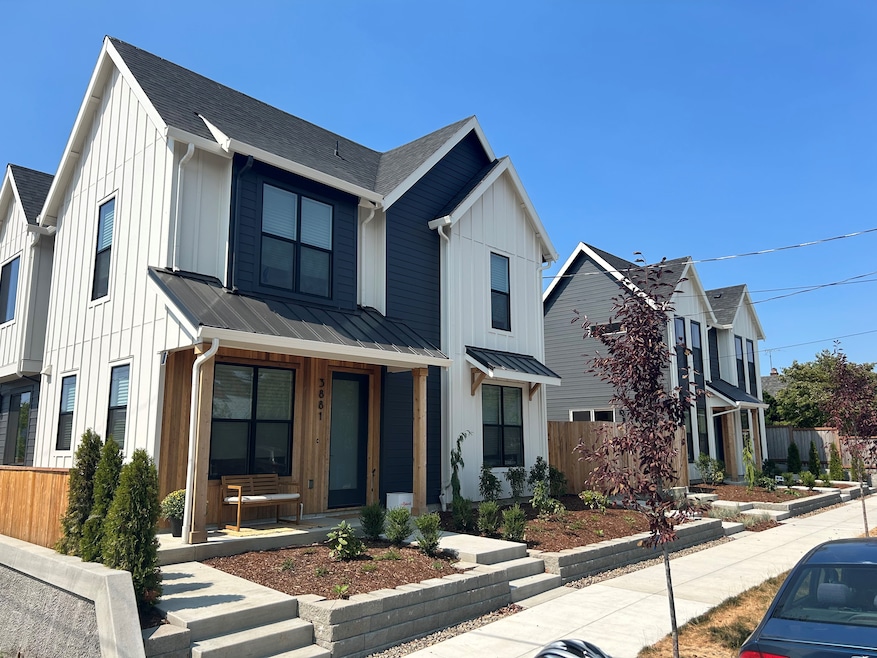Bipartisan legislation signed into law this week in Oregon aims to boost housing supply by giving developers more flexibility to build on existing urban lots and funding roads and other infrastructure that support new housing projects.
Gov. Tina Kotek said in a statement that the five bills she signed on Monday will “break down barriers to more housing construction and bring down the costs of housing.” On entering office in 2023, she issued an executive order that called for building 36,000 new homes in the state annually over a decade.
Two of the bills she signed emphasize allowing more homes in existing neighborhoods. House Bill 2138 makes clear that more urban cities and counties must allow buildings on residential lots with up to four homes, townhouses and “cottage clusters,” which are groups of small homes that typically front on a shared common area.
The legislation also allows up to six homes on a lot if at least one is priced to be affordable to someone making 120% of the area median income or is accessible to people with physical disabilities, according to an analysis by the nonprofit think tank Sightline Institute, which focuses on development in the Pacific Northwest.
“The bill builds on the governor’s long history of right-sizing state housing policy to better meet Oregon’s needs and turn back the impacts of exclusionary and discriminatory zoning policies,” according to Kotek’s statement.
Portland, Oregon’s largest city, has had some success with its own legal reforms to encourage more kinds of housing within existing urban neighborhoods.
House Bill 2258 says the state will provide pre-approved building plans and streamline approval processes with the goal of making the development process more predictable for developers and local governments. The law applies to any lot from 1,500 to 20,000 square feet in urban or suburban areas, as long as it’s not in an environmentally sensitive location and is vacant.
It’s a radical piece of legislation, Michael Anderson of Sightline Institute wrote on his group’s website this week, because it gives the state the power to override local zoning on any urban lot if it chooses to.
“Depending on how it gets implemented, [it] gives the state the power to make a deep structural change to zoning in Oregon,” he said.
The other three bills include one creating a housing infrastructure fund to help local governments pay for roads, water and sewer systems, and other things they will need to support new residential developments. Another bill supports a revolving loan fund to finance mixed-income housing, and a fifth sets aside $25 million to build modular or factory-produced housing.
“These modular homes can be built faster and at a lower cost than traditional construction, positioning them as a crucial tool to urgently meet the state’s housing goals,” according to the governor’s statement.

